
Just Two Hours of Sitting in Silence May Spark Growth of New Brain Cells, Study Finds
Can two quiet hours in your day do more for your brain than years of rigorous mental training? According to recent research, the answer is a resounding yes. Silence, more than just an absence of noise, may trigger brain cell growth in areas essential for memory and learning.
Scientists have found that periods of silence can activate neurogenesis, the process of creating new brain cells, making it one of the simplest and most accessible ways to support brain health. If you’re curious about how this works and the ways you can incorporate silence into your own life, here’s everything you need to know.
The Basics of Brain Cell Growth
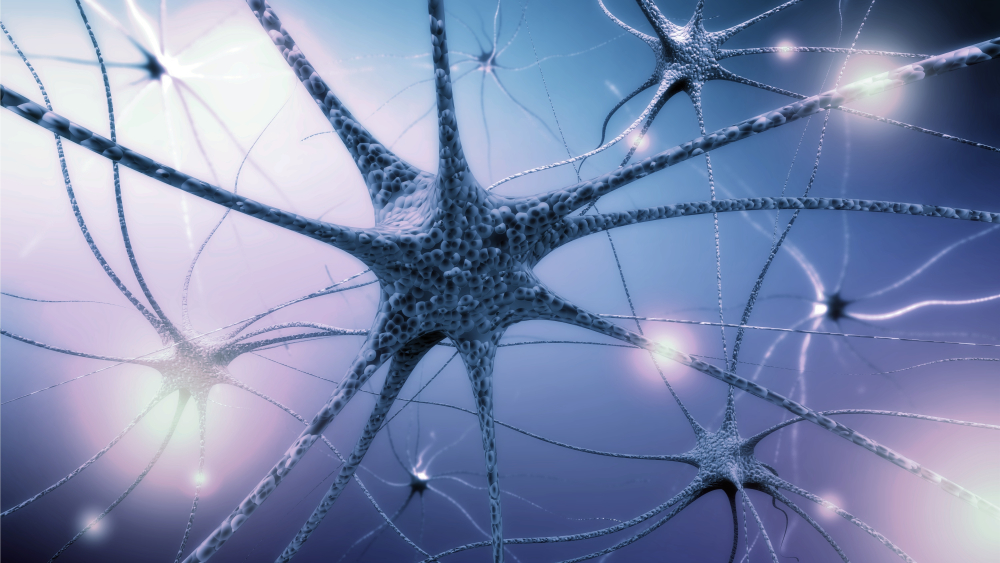
Brain cell growth, or neurogenesis, refers to the creation of new neurons (brain cells). For years, scientists believed our brains were static, incapable of producing new neurons after early development. However, research in recent decades, particularly in the field of neuroscience, has uncovered that certain areas of the brain, such as the hippocampus, continue to produce new cells throughout adulthood.
These neurons are crucial in supporting memory, learning, emotional regulation, and overall cognitive flexibility. The hippocampus, often dubbed the “memory center” of the brain, plays a critical role in these processes, and interestingly, it’s highly sensitive to silence.
How Silence Impacts Brain Health

You may think silence allows the brain to shut off, but in fact, the opposite is true. When your surroundings are quiet, your brain enters a unique state of activity called the default mode network. This mode is associated with deep reflection, memory consolidation, and self-repair processes.
Studies show that sitting quietly activates this restorative network and encourages better connections between neurons. For those living with chronic noise, such as urban environments, silence could offer the much-needed counterbalance your brain craves.
Silence as a Neurological Stimulator

A 2013 study on mice revealed why silence stands apart as a potential brain stimulator. When researchers exposed groups of mice to noise, pup calls, or two hours of daily silence, only the mice experiencing quiet showed significant brain cell growth. Over a week, these new cells matured and integrated into the hippocampus, directly enhancing memory and learning capabilities.
What’s interesting is that silence doesn’t merely suppress stress responses, such as reduced cortisol levels; it actively promotes the growth and survival of the youngest neurons, those responsible for creating flexibility in how we respond to new challenges.
The Connection Between Silence and Brain Waves

Silence promotes the production of alpha and theta brain waves, which are linked to creativity, calmness, and focus. Unlike beta waves, which dominate during active tasks and decision-making, these slower rhythms allow for deep thinking and a more centered emotional state.
It’s not surprising, then, that silence has become a staple in mindfulness practices. However, science now shows you don’t need to be in a meditative state to experience similar neurological benefits.
Benefits Beyond Neurogenesis

Silence not only supports brain cell growth but also offers a wide array of mental and emotional benefits. By fostering the development of new neurons, regular silent reflection enhances your brain’s ability to encode and recall information, improving both short- and long-term memory. Additionally, silence reduces stress by lowering levels of cortisol and other stress hormones that accumulate from chronic noise exposure, promoting relaxation and relief, especially in high-pressure environments. It also strengthens emotional regulation by calming the amygdala, the brain’s fear-processing center, which helps maintain emotional balance and better manage anxiety or irritability.
Moreover, silence minimizes distractions, allowing the brain to wander creatively and generate innovative ideas, a reason many creatives incorporate quiet periods into their routines. Finally, by reducing auditory interruptions, silence conserves cognitive energy, enabling deeper focus and concentration on complex tasks.
How to Incorporate Silence into Your Routine

The benefits of silence, including supporting brain cell growth, are well-supported by research, but finding quiet moments in a busy, noisy world can be challenging. To incorporate silence into your daily routine, start your mornings without screens by sitting quietly with your thoughts for even 10 minutes, setting a calm and positive tone for the day. Taking silent walks without headphones or conversation allows your mind to connect with your surroundings and notice details often overlooked. Designating a noise-free zone in your home or workspace provides a restorative sanctuary for reflection, reading, or deep breathing.
You don’t need long periods of silence – short intervals throughout the day, such as pausing after meetings or between tasks, can help reset your focus and promote brain cell growth. Additionally, intentionally reducing background noise by spending a few moments daily without auditory distractions enhances these benefits and supports overall mental clarity.
Who Can Benefit the Most

Interestingly, silence offers unique advantages depending on individual lifestyles.
- Professionals may benefit from enhanced focus and problem-solving skills.
- Students can see improvements in memory retention and test performance.
- Elderly individuals might slow cognitive decline by adding silence to their daily lives.
- Creatives often find new inspiration and focus during quiet moments.
No matter where you are in life, introducing quiet intervals can boost your mental clarity and overall wellness.
Scientific Gaps and Future Research

While studies on the connection between silence and brain cell growth are promising, much of the research has been conducted on animals. Further human studies are necessary to define optimal silence durations and frequencies for neurogenesis.
That being said, long-term silence practices have already shown benefits in clinical trials, including reduced stress and better emotional resilience. The consensus is clear – for most people, silence is a safe and highly effective way to care for your mind.
Making Room for Silence

Silence isn’t just a way to unplug; it’s a tool for mental and emotional growth. By dedicating just two hours to silence each day, you can stimulate brain cell growth, improve focus, reduce stress, and enhance creativity. Whether you’re sitting quietly at home, eating a meal in peace, or walking through a quiet park, these moments offer more than rest. They allow your brain to recharge, grow, and function at its best.
Start small. Swap ten minutes of noise for silence today and notice the difference. Your brain will thank you.
News in the same category


Rising Kidney Failure in Young People: One Harmful Habit Many Are Unknowingly Practicing
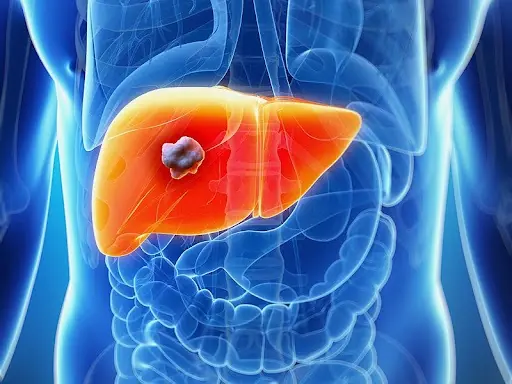
5 Early Signs of Liver Failure: Seek Medical Help Early to Prolong Life – Number 2 Is Especially Common

7 Health Problems That Can Happen If You Don’t Drink Enough Water
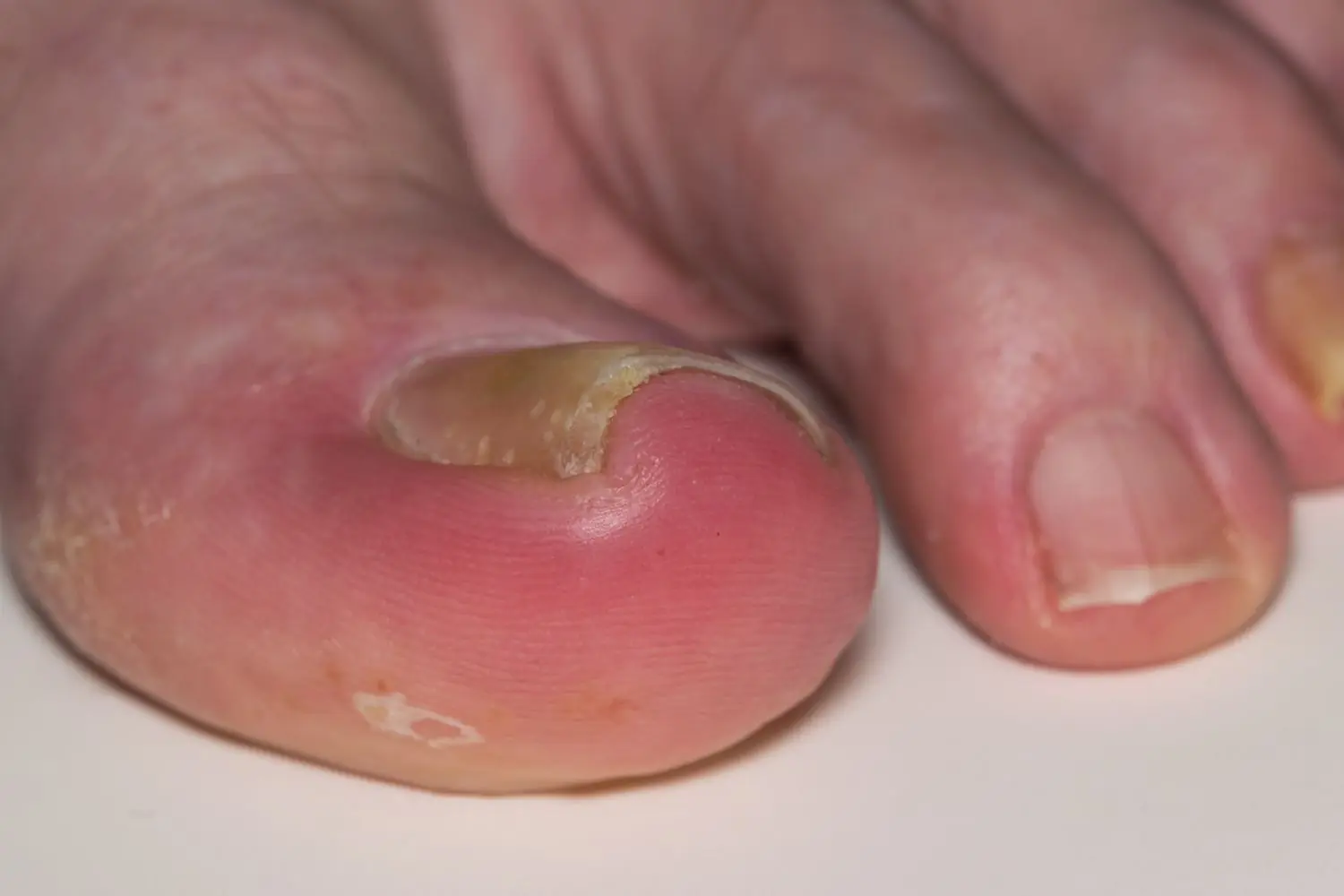
Home Remedies to Treat and Prevent Ingrown Toenails (Onychocryptosis)

Blood Clot in Leg: Crucial Signs and Symptoms You Can't Afford to Ignore

20 Subtle Cancer Symptoms Many People Miss

Game Changer: New Urine Test Detects Pancreatic and Prostate Cancer Early with 99% Accuracy

Surprising Triggers: What May Be Causing Your Hives (Urticaria)

The Truth Behind ‘Durex’: What Its Name Actually Stands For Has Stunned Many

Your Eyes: Windows to Your Health – Uncovering Diabetes and Cancer Through Vision
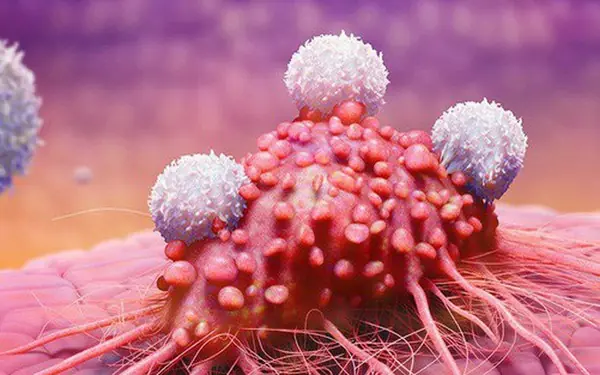
5 Early Warning Signs of Cancer in Children: Parents Must Know to Save Their Child

If Your Body Has a Bad Odor in These 3 Areas, It Could Mean Poor Liver Detox and Declining Function – Get Checked Before It’s Too Late!

Warning: If You Notice This Symptom in Your Body, Go to the Hospital Immediately – It Could Be Late-Stage Nasopharyngeal Cancer

Astonishing Cancer-Fighting Power of One Juice — Even Doctors Are Surprised

5 Types of Cancer with Over 90% Cure Rate: Early Signs Everyone Should Pay Attention To

Doctor's Advice: Whether You're Rich or Poor, Never Eat These 3 Foods for Breakfast – They Can Lead to Aggressive Cancer

Scientists Use CRISPR to Eliminate HIV from Human Immune Cells
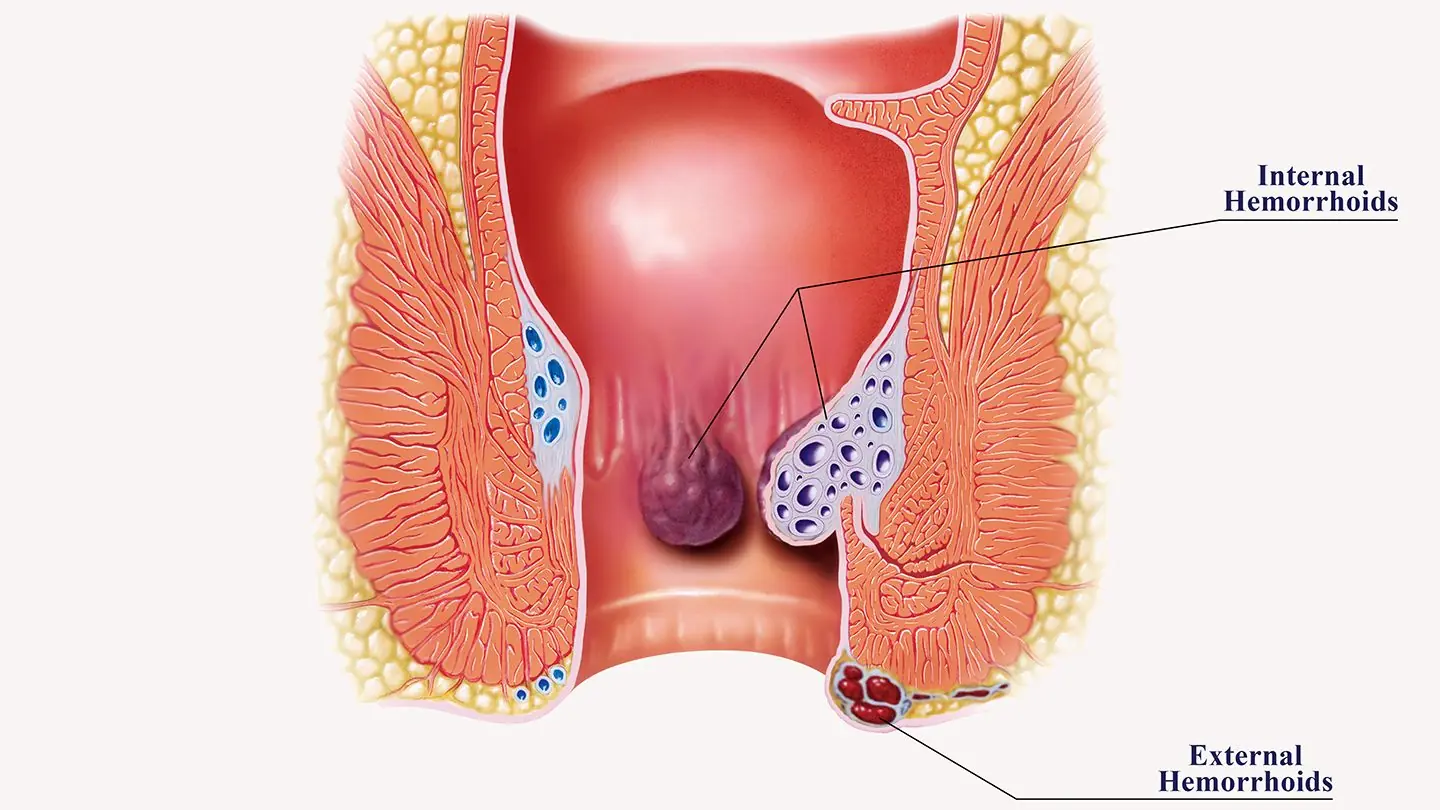
Hemorrhoids: Fast, Effective, Science-Backed Ways to Find Relief
News Post

Nature’s Secret Superfood: Why Purslane Is the Game-Changer Your Health Needs 🌿

🚫 Say Goodbye to Weevils: Easy Tips to Keep Your Beans and Rice Safe

People Shocked To Learn What Apollo 11 Astronauts Left Behind As Life Insurance

NASA Claims China’s Giant Dam Is Quietly Changing Time And Earth’s Balance

One Gram of DNA Can Store Around 215 Petabytes. More Data Than All of YouTube!

The Longest Walkable Distance On Earth Which No One Is Known To Have Completed

12-year-old girl dies of rare cancer—parents noticed worrying sign as she brushed teeth

This Military Sleep Method Helps You Fall Asleep In Less Than Two Minutes

Japan On Edge: Scientists Warn 82% Chance Of Megaquake That Could Kill 300,000

Purslane: The Humble Backyard Superfood You’ll Wish You’d Known Sooner

🥒🍋 Mix Chayote and Lemon — You'll Thank Me When You Discover What It's For!

Every Breath You Take Alters Your Visual Perception

Popular Medications Millions Of People Take At Night Have Been Linked to Disabilities

10 Popular Ultra-Processed Foods Now Linked to Cancer, Study Confirms

A 9th-century onion and garlic remedy just killed 90% of antibiotic-resistant MRSA in lab tests

“If you’re that depressed, reach out to someone. And remember, suicide is a permanent solution to temporary problems.” – Robin Williams

The world’s first lung cancer vaccine enters clinical trials in seven countries

Simulation Shows Grim Reality of What Ozempic Does to Your Body Once Injected
